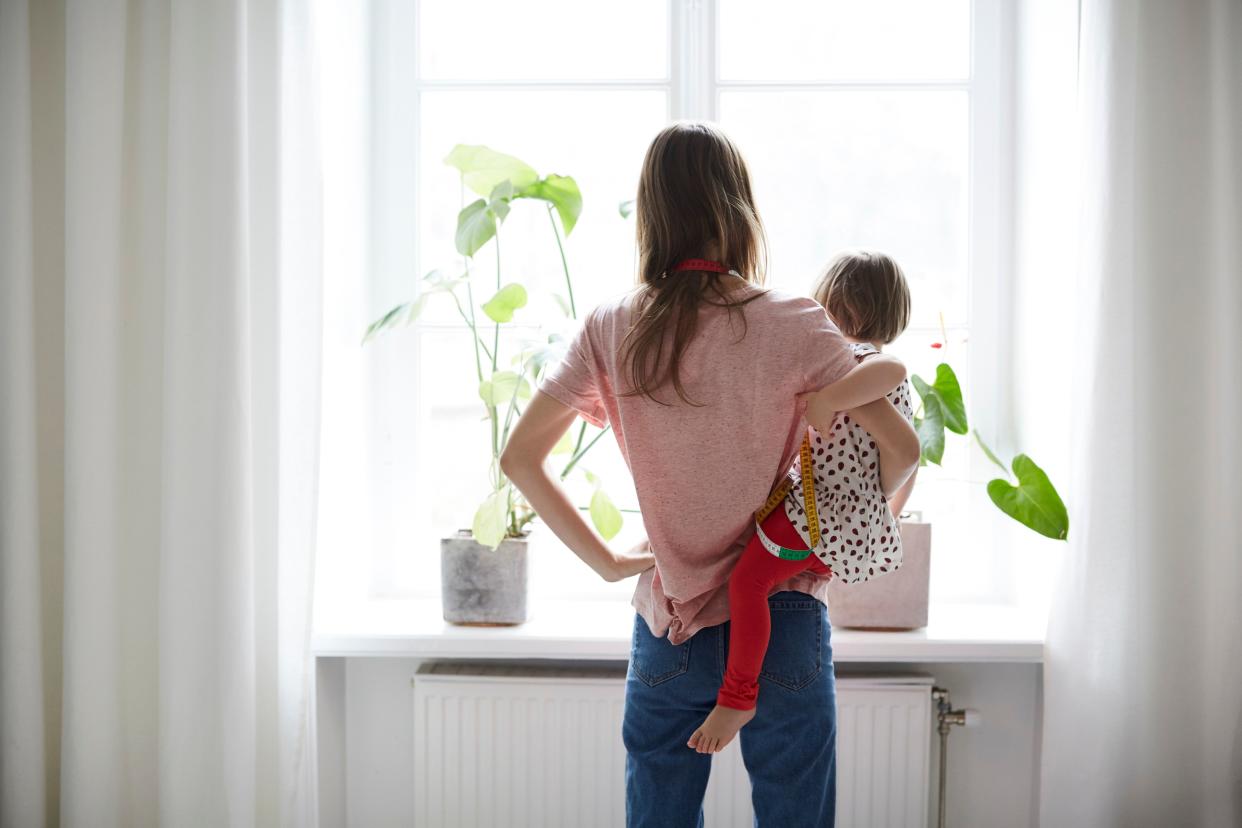Do You Value Women's Work Yet?

In the three weeks since people across the United States have been relegated to self-isolation in the interest of public safety, many Americans are discovering, for the first time, that women do a lot of work. And that women’s work is really hard.
Teachers should be millionaires, as many people have tweeted out of homeschooling-inflicted exhaustion. Preschool and day care providers are worthy of sainthood. House cleaners make the world go round, and nurses are literally saving it. Strippers and sex workers ― how we miss them in this era of no contact. We miss restaurants, where we can get help feeding our families and ourselves.
Now, it’s clearer than ever how vital this work is ― and who, all this time, has kept the dust from collecting, the beds made, the food hot, the weddings planned, the graduation parties organized, and the pantry stocked.
By and large, it’s women. And it took a global pandemic to realize it.
The statistics speak for themselves. Most of the workers whose labor is now happening at home are women: More than 75% of teachers are women. A vast majority of house cleaners are women, and outside the formal housekeeping industry, women do most of the house cleaning anyway, without being paid to do so.
Many of the people on the front lines of the coronavirus response are women as well. More than 90% of nurses are women, and statistics show that the number of young female doctors is rapidly rising. There are twice as many female psychologists as there are male ones, and social workers are also predominantly women. As for elder care staff ― who are particularly essential during this pandemic, since people over 65 are at a heightened risk for contracting the virus ― 90% are women, too.
The economic ramifications of this pandemic are going to be devastating for a long time to come, and even in the effort to combat the economic losses via a comparatively paltry stimulus check, less traditional forms of work ― sex work, house...


